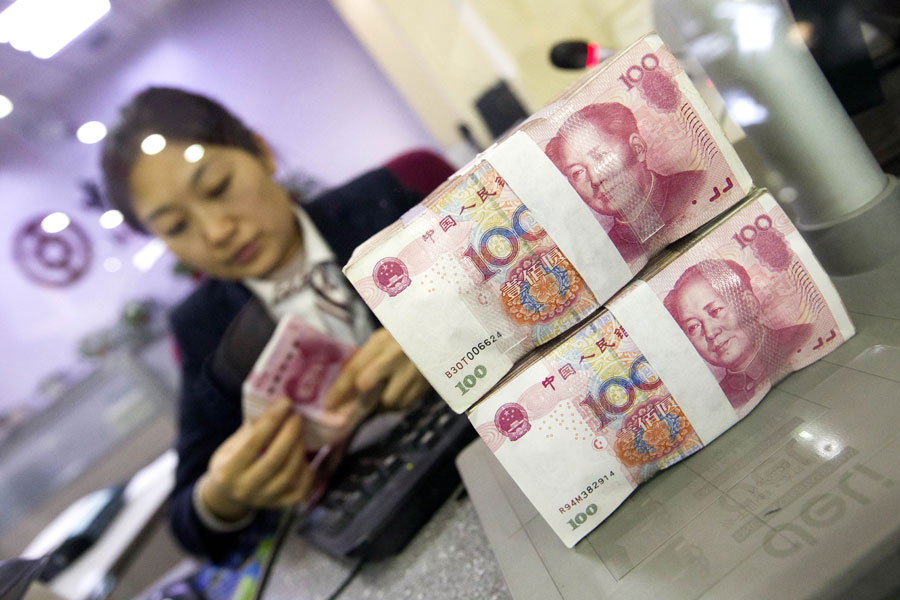Fiscal account scrutiny tightened


Public scrutiny of the fiscal accounts of central government departments has been stepped up this year with 102 entities expected to put up their 2019 income and expenditure statements for supervision, as the central government is tightening its belt and allocating more fiscal resources to support economic recovery, the Ministry of Finance said on Friday.
Nine departments have been added to the scope of scrutiny this year, compared with 93 last year, including the National Medical Products Administration and the State Administration of Foreign Exchange, the ministry said.
It has been more than a decade since the first disclosure of the government's financial performance.
Based on the evaluation of the fiscal performance, it was found that most of the projects and departments had achieved their budgeted goals, with well-regulated management, although some of the projects did not make effective use of the fiscal funds or had performances not in line with the regulations, said the ministry.
Besides the disclosure of departments' fiscal accounts, this year, the ministry will conduct third-party evaluations of the budgetary performance of more than 40 key projects that have large investment and long construction periods, but are deemed crucial for the nation's economic development.
The measures are expected to increase the transparency of the government's activities, prevent corruption and allocate funds to significant areas which can support the economic recovery since the novel coronavirus outbreak, said experts.
Terminating projects with poor performance and inefficient budget implementation is a necessary task for this year, according to a Ministry of Finance spokesperson.
"The modern financial system requires standardized and transparent fiscal budgets. With the deepening of budget management reform, more transparency is required in the government performance details," said Bai Jingming, vice-president of the Chinese Academy of Fiscal Sciences.
Government departments have been required to disclose their budget and final accounts related to expenditure and income for the last 10 years. There has been a significant improvement in the content and form of data, which indicates that the fiscal system in China is rapidly transforming and modernized, said Bai.
For instance, the disclosure of the government's expenditures on government cars, overseas trips and official receptions is a response to the public concern, which showed that the government has "tightened the belt" and controlled nonessential and nonobligatory expenditure, he said.
The Chinese government launched a more proactive and effective fiscal policy package to ease the shocks from the COVID-19 pandemic and increased this year's headline budget deficit to 3.6 percent of GDP, up from 2.8 percent in 2019.
"It does not appear that China's fiscal response to the pandemic is being accompanied by large-scale off-balance sheet fiscal spending, perhaps because on-balance sheet financing options have become plentiful," said Andrew Fennell, an analyst with Fitch Ratings, a global credit ratings agency.
China's fiscal framework has made significant strides over the last decade, through more comprehensive budget reporting and the development of more transparent municipal financing channels. Fiscal reforms are nevertheless far from complete, said Fennell.
The next stage of China's fiscal reforms, Fennell said, would focus on tackling the revenue and expenditure misalignment between central and local governments, and also seek new fiscal revenue sources, in light of the large cuts to taxes and fees in recent years.
- Individual investors allowed to buy special treasuries via bourses, banks
- Liquidity to be kept at reasonable level, says PBOC
- China issuance of special gov't bonds shows limited impact on liquidity
- Dollar-weary world welcomes the rise of renminbi
- Chinese economy to rebound back in positive territory, says Pakistan's former central banker




































